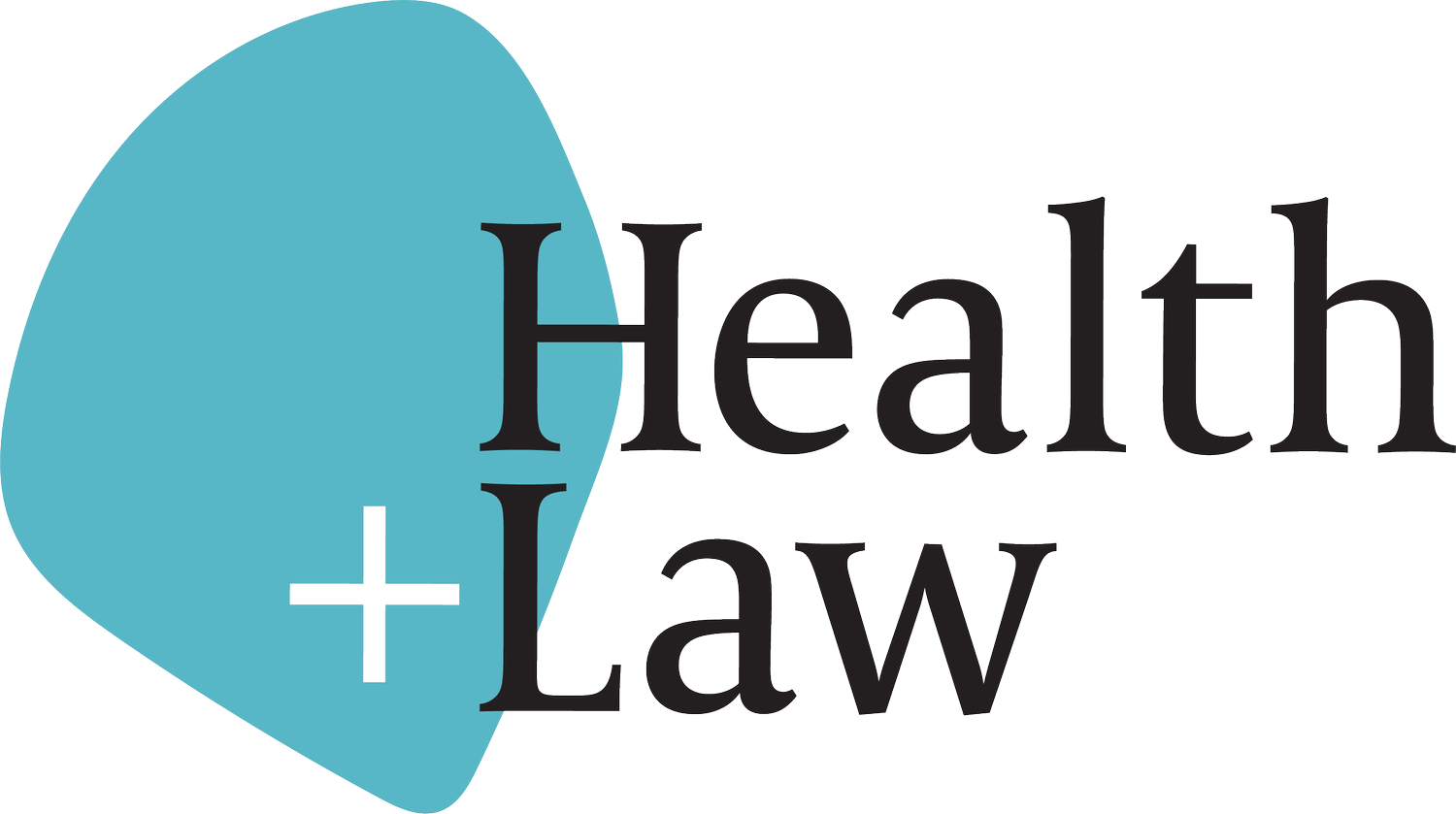Health+Law Team Member Interview: Dr Dion Kagan
At the start of 2024, Dr Dion Kagan joined the Health+Law team as a Research Associate. Dion has a research background in the humanities and health social sciences and prior to commencing with Health+Law, Dion completed a major project on policy, legal and lived experience aspects of hepatitis C with the Gender, Law and Drugs Program (GLaD), at the Australian Research Centre in Sex, Health and Society at La Trobe University. In addition to his work at GLaD, Dion has worked on a range of social research projects addressing HIV, sexuality, media, technology and public health, and is the author of a book called Positive Images: Gay Men and HIV/AIDS in the Culture of ‘Post Crisis’ (Bloomsbury, 2018). We spoke to Dion about his experience, current role, and what he is most looking forward to about working with Health+Law.
What is your professional background? Can you tell us about your previous work experience?
I’m a social sciences and humanities researcher, and in recent years I have been working on projects looking at community and public health, blood-borne viruses, drugs, gender and sexuality.
Most recently, I completed work on a large national project on hepatitis C in Australia at La Trobe University. That project parallels the work of the Health+Law Partnership on hepatitis B and HIV in some ways, as it explored the legal needs of people affected by another blood-borne virus—hepatitis C—and the legal and policy environment surrounding it. We looked at how the law can both enable and constrain people with chronic hepatitis C, including after cure. We also investigated how the law can both exacerbate or reduce hepatitis C-related stigma and discrimination.
I’ve also worked on several projects investigating HIV and gay men’s health, including my PhD, which looked at the social and cultural transformations brought out about by antiretrovirals and how transformations to HIV shifted things for gay men and queer culture.
Alongside being a researcher, I’ve worked with people affected by blood-borne viruses in service, client-facing and voluntary roles, including as a harm reduction worker in needle-syringe programs and as a long-time volunteer at the Victorian AIDS Council (now Thorne Harbour Health) and the Positive Living Centre in Melbourne.
What is your role in the Health+Law project?
I’m a Research Associate, which means I’m involved in various parts of the project, but mostly my role is focused on analysing and communicating the data we collect.
At the moment, I am reading transcripts of the interviews that the team have already conducted with people living with hepatitis B and HIV as part of the LeNS study. These are interviews with people from across Australia about their legal needs and how these intersect with their health. I’ve also had the privilege of conducting some of those interviews myself. I’m helping the team develop our approach to analysing all of that data, which we will then translate into state and territory reports, national resources, policy and law reform recommendations and other outputs that all aim to improve the legal environment for people living with hepatitis B and HIV.
Down the track, I will work on developing a legal needs screening and referral tool for healthcare and other workers who provide services to people with blood-borne viruses and STIs. And I’ll be helping to establish Australia’s first national network of specialist STI/BBV legal services providers, which is step four of Law+Health’s current activities.
What most excites you about the role?
There is so much that excites me about the Health+Law partnership, including the opportunity to work with amazing people and organisations who are embedded in the communities they serve and who are dedicated to improving the lives of people affected by hepatitis B and HIV. In Australia we have incredible supports for some people in those communities, but others are desperately underserved.
Epidemics have huge impacts on the community and are always changing—sometimes quite rapidly, as we’ve all recently experienced with Covid-19. There are constantly new scientific and healthcare developments, new political situations, and the impact of these on people’s health and lives is ever-unfolding. I’ve been learning about how game-changing the legal, policy and system settings are in our response to epidemics, and how important it is that we critically examine and update those in real time.
The law in particular can have such a powerful impact on people’s health outcomes, albeit in ways that are not always obvious to people in their everyday lives. I also think that many people, myself included, see the law as something special and mysterious and as the exclusive province of lawyers, judges and other experts. One of the goals of Health+Law is to show how legal needs and ‘justiciable issues’ are part of everyone’s life, and to explain the law’s impacts in plain, accessible ways that give all of us more agency to advocate for ourselves and for vulnerable people in our communities. I’m genuinely excited to be a part of that!
Further reading and listening:
The ‘post-cure lives’ project final report
Dion’s article about hepatitis C elimination and stigma in The Conversation
‘After Cure’, a documentary podcast about hepatitis C in the era of new treatments devised and produced by Dion


